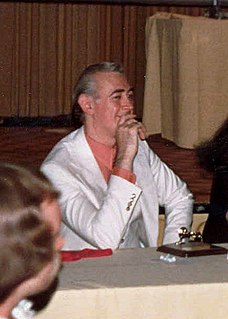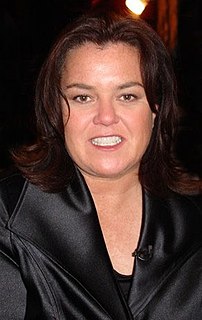A Quote by Gail Simone
Red Sonja, she was a hellraiser before Buffy, Xena, and Ripley even existed. When so many heroines in comics were all hung up on romance and the bizarre gender politics of comics at the time, Sonja was out cutting off the heads of dragons and pirates.
Related Quotes
In early comics, you see the amazing awkwardness and bizarre reasoning in the storyline, and it's because comics hadn't really been invented yet. There was no format for them to follow. They were just making it up. So I try to incorporate that kind of awkwardness in my comics quite frequently, which is odd. In some ways, I can't be as awkward as I'd like. But I do think that's one way in which my comics are unusual, because I will try to make the artwork look bad, occasionally.
The lovely thing about writing comics for so many years is that comics is a medium that is mistaken for a genre. It's not that there are not genres within comics, but because comics tend to be regarded as a genre in itself, content becomes secondary; as long as I was doing a comic, people would pick it up.
There are a lot of good comics, no doubt, but as far as the quality of the comics goes, I think what you have is a bunch of situational comics - there are black comics that work only black crowds, gay comics that do only gay crowds, and southern comics that only work down South, and so on with Asian, Latino, Indian, midgets, etc. The previous generation's comics were better because they had to make everybody laugh.
When I was a kid, back in the '40s, I was a voracious comic book reader. And at that time, there was a lot of patriotism in the comics. They were called things like 'All-American Comics' or 'Star-Spangled Comics' or things like that. I decided to do a logo that was a parody of those comics, with 'American' as the first word.
Self-publishing in comics is core to the whole artform. There is no scarlet letter in comics as there still is, to some degree, in prose. As no publisher for a long time would publish serious work in comics, the only way a lot of it came out was because of self-publishing. Many of the greatest works of the medium are self-published.

































